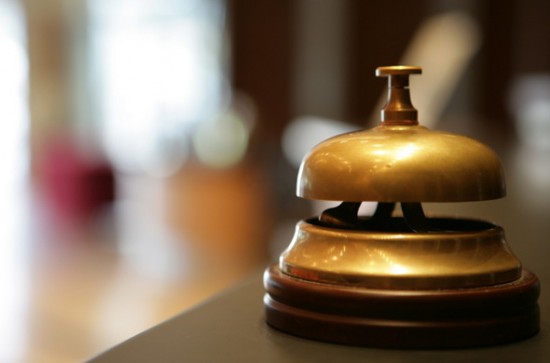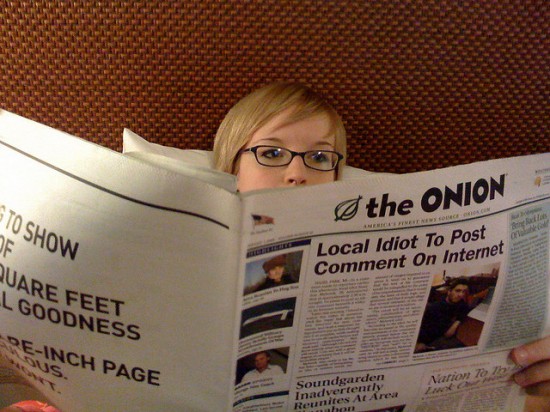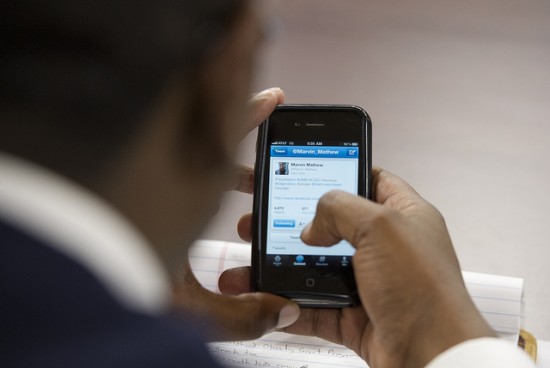
The Insta-Complaint: How Social Media is Changing the Hospitality Industry
Have you ever stayed in a hotel where the service didn't meet your expectations? What did you do? If you're like many guests today, you probably pulled out your smart phone and immediately turned to Twitter, Facebook, Yelp or TripAdvisor to voice your complaints. For those of us who work in the hospitality industry, this is a marked change in guest relations. The tried-and-true standard of client services — when a client picks up the phone or even visits the front desk to seek resolution — is vanishing even faster than 24-hour hotel room service.

It's no surprise that the instant gratification of online interactions have replaced the art of conversation and eye contact. But when in-person help is required, one has to wonder about the benefit of public complaints. Is it a helpful warning to future guests — the equivalent of flashing headlights to warn your fellow drivers of a hidden speed trap? Or is this just an exercise in heavy venting, a public flogging of the unfortunate hotel that provided less-than-perfect service? A few months ago, I stayed in a luxury hotel in a major city. After I settled into the room, I sat on the edge of the bed — only to discover that the mattress and box springs had a pronounced tilt to one side. It was as though Godzilla had just slept there. I didn’t consider sending a note to Yelp or posting a comment on Twitter — to me, that approach as ineffective as dropping leaflets out of a plane. I actually picked up the phone, called the desk and in a matter of minutes was once again settling into a new room — bed fully intact.

My method of getting resolution may be on the decline. But what is interesting about this new phenomenon of digital complaints is that many hotels now understand and expect it. In fact, web patrols for customer comments have become an essential part of hotel brand management. Many have social media monitoring systems that forward guest remarks to hotel staff in real time. There are numerous software packages that constantly scan the web for complaints (and compliments) about hotel management, in an effort to help staff resolve issues quickly — maybe even fast enough for you to delete or recant that scathing twitter review. If you think this system is only for hotels it’s not. Many airlines, food businesses, and other savvy travel-related brands also employ these tactics — often to great success. But responding to every errant tweet can also lead to previously unforeseen conflicts in customer service. In a recent news story, a family was temporarily booted from a flight after the father tweeted about a run-in with a rude airline employee during boarding.

At the end of the day, a complaint is a complaint no matter where it comes from, and it's good business to handle it timely and properly. Company reputations can be made or lost by how well problems are handled. Prevention is paramount, but successful resolution can be even more essential in establishing a dedicated customer base — especially when each complaint is public information. The smartest brands will see this broadcasted criticism as a great opportunity; what starts off as an issue can become a public relations win for all to see.
Next time I check into a hotel and have a problem during my stay, beware my twitter followers. I may just air my issue for all the whole world to enjoy... if only to see what happens.


Add new comment